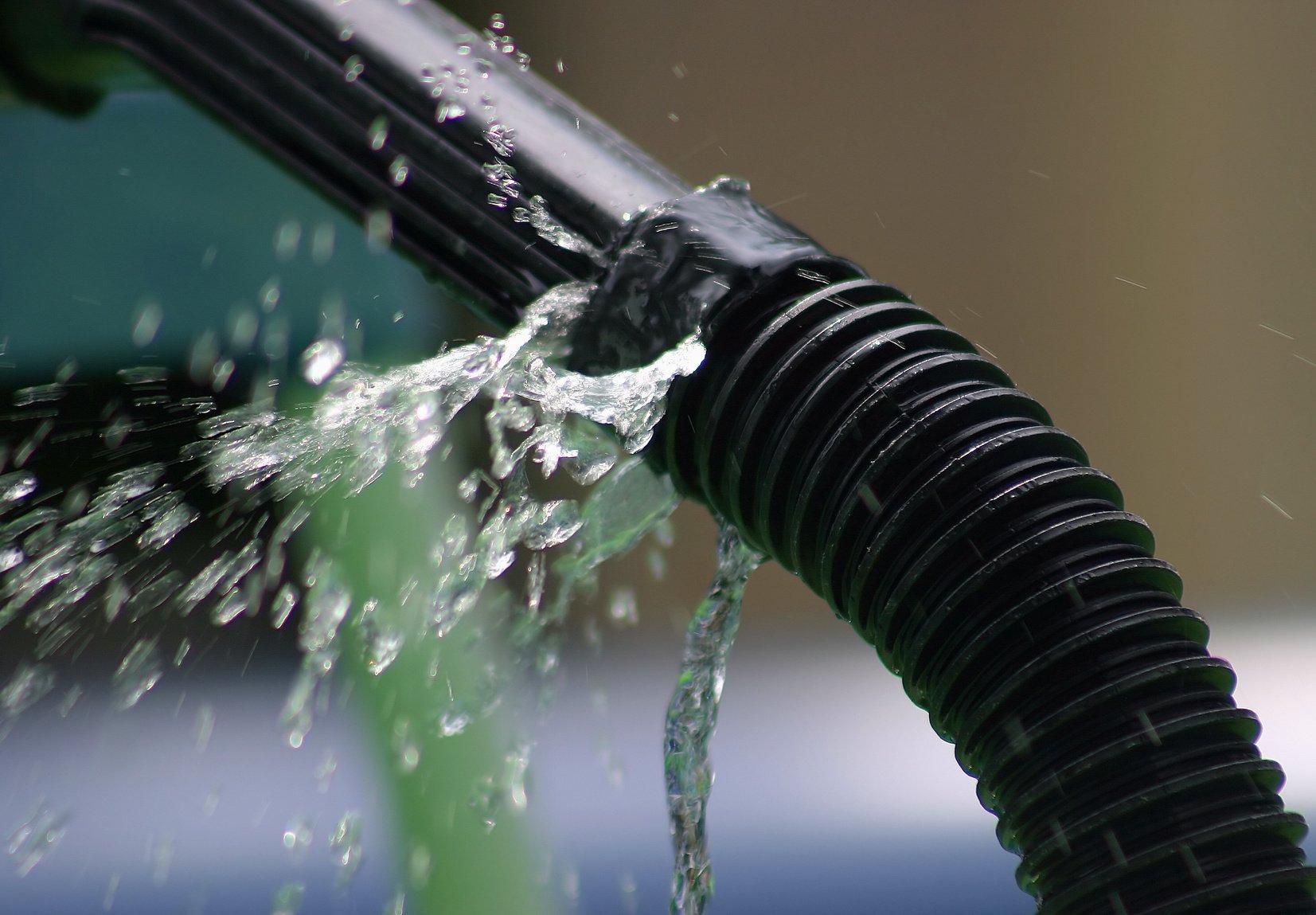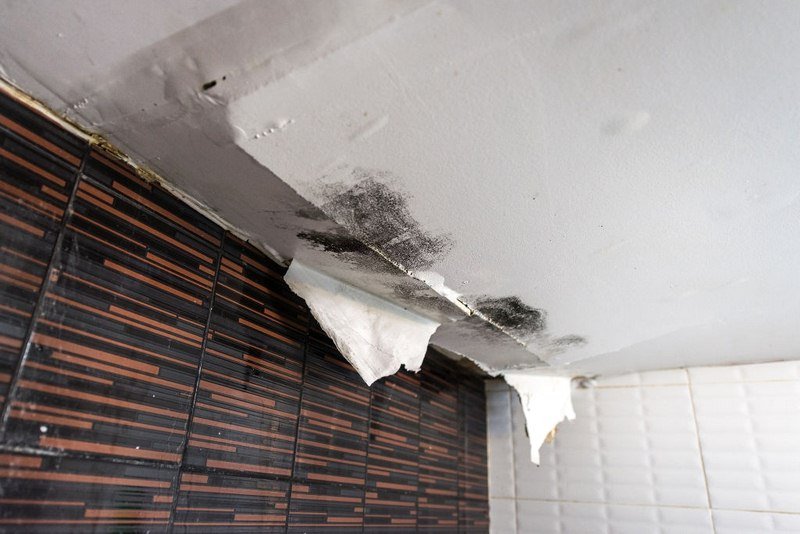The Six Most Common Water Leaks in Your Home: How They Happen and What to Do
The Six Most Common Water Leaks in Your Home: How They Happen and What to Do
Blog Article
Just about everyone has their own theory with regards to Most Common Causes of Leaky Pipes.

Leaks not just trigger waste of water however can also create unnecessary damages to your residence as well as advertise unwanted organic growth. By looking as well as recognizing for day-to-day scenarios that create leakages, you can safeguard your residence from future leakages and unneeded damages.
Trespassing roots
Most water leakages start outside your home rather than inside it. If you observe a sudden decline in water pressure, state in your tap, take some time to go out and examine your lawn. You might observe wet patches or sinkholes in your yard, and that could mean that tree origins are getting into water lines causing water to leak out. You can have your plumber check for breach, particularly if you have trees or hedges near your residential property.
Corroded water systems
This could be the cause of discoloration or bending on your water pipes. If our plumbing system is old, consider replacing the pipes considering that they are at a higher risk of rust than the more recent versions.
Defective Pipeline Joints
The point at which your pipes attach is often the weakest link in the waterline. Pipeline joints can degrade over time, resulting in water leakages. The majority of pipe joints are not easily noticeable. If you have noisy pipelines that make ticking or banging noises, especially when the warm water is activated, your pipeline joints are most likely under a great deal of stress. It is suggested to have your plumber evaluate your system once a year.
Immediate temperature adjustments.
Severe temperature level changes in our pipes can cause them to broaden and also contract suddenly. This growth as well as contraction may trigger cracks in the pipes, particularly if the temperature level are below freezing. If you kept an eye on exactly how your plumbing functions, it would be best. The existence of the previously stated situations often indicates a high risk.
Poor Water Connectors
At times, a leakage can be brought on by loosened hose pipes and also pipes that supply your appliances. Typically, shifting is what triggers the loose water Links. You might discover in the case of a cleaning maker, a hose pipe may spring a leak as a result of drinking throughout the spin cycle. In case of a water connections leakage, you might observe water running directly from the supply line or pools around your appliances.
Clogged Drains
Blocked drains might be aggravating and also inconveniencing, but they can in some cases wind up creating an overflow causing burst pipelines. Maintain removing any type of materials that might decrease your drains pipes that could obstruct them to prevent such hassles.
All the above are causes of leakages but not all water leaks arise from plumbing leakages; some leaks might come from roof covering leakages. All leaks must be fixed instantly to prevent water damages.
Leakages not only trigger waste of water yet can also trigger unneeded damages to your home and promote undesirable organic development. By understanding and looking for everyday situations that trigger leaks, you can secure your house from future leakages as well as unneeded damages. Today, we will look at 6 leakage triggers that might be creating your pipelines to leak.
At times, a leakage can be caused by loose hose pipes and also pipes that provide your home appliances. In instance of a water links leakage, you may observe water running straight from the supply line or pools around your home appliances.
How To Check For Water Leak In Your Home
How To Check for Leaks
The average household's leaks can account for nearly 10,000 gallons of water wasted every year and ten percent of homes have leaks that waste 90 gallons or more per day. Common types of leaks found in the home are worn toilet flappers, dripping faucets, and other leaking valves. These types of leaks are often easy to fix, requiring only a few tools and hardware that can pay for themselves in water savings. Fixing easily corrected household water leaks can save homeowners about 10 percent on their water bills.
To check for leaks in your home, you first need to determine whether you're wasting water and then identify the source of the leak. Here are some tips for finding leaks:
Take a look at your water usage during a colder month, such as January or February. If a family of four exceeds 12,000 gallons per month, there are serious leaks.
Check your water meter before and after a two-hour period when no water is being used. If the meter changes at all, you probably have a leak.
Identify toilet leaks by placing a drop of food coloring in the toilet tank. If any color shows up in the bowl after 10 minutes, you have a leak. (Be sure to flush immediately after the experiment to avoid staining the tank.)
Examine faucet gaskets and pipe fittings for any water on the outside of the pipe to check for surface leaks.
Undetected water leaks can happen without the home or business owner even realizing. If you suspect a water leak, but not able to find the source. It is time to contact a professional water leak detection service, The Leak Doctor.
How To Find a Water Leak In Your Home
https://www.leakdoctor.com/blog/How-To-Check-For-Water-Leak-In-Your-Home_AE197.html

As a fervent reader on How to Find Water Leaks, I thought sharing that article post was a great idea. Do you know another individual who is interested by the topic? Please feel free to share it. I am grateful for your time. Kindly check up our blog back soon.
Book Your Service Report this page